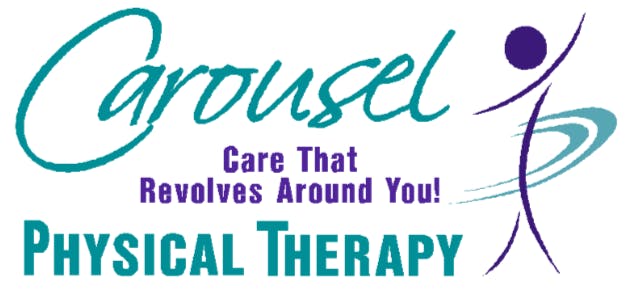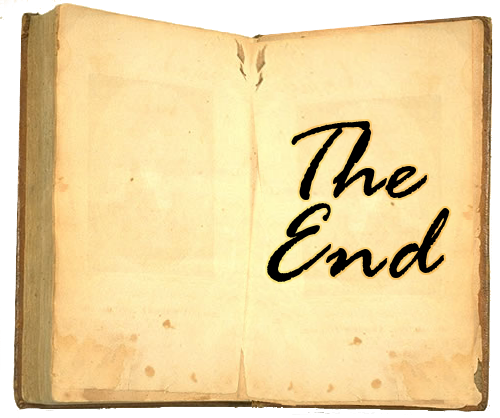A happy ending makes (almost) anything more pleasurable
In many ways, living in the moment has its benefits. While you’re in the midst of an enjoyable experience, you’re most likely to be tuned into the pleasures signaled by your body’s senses. By contrast, an experience marked by pain, mishaps, and inconvenience is one you’d just as soon get out of as soon as possible. Even so, after it’s over, many of us forget how badly we felt while it was going on. When pain outweights pleasure, living in the moment isn’t all that it’s cracked up to be.
As it turns out, many of us are pretty likely to form biased memories of our experiences. The biases can go in both positive and negative directions. According to Nobel-prize winning psychologist Daniel Kahneman, the “peak-end rule” is just one of many errors of judgment that affects the accuracy of our cognitive apparatus. An event makes its mark in our memories more by what happens at its end than at any prior point. In his book, Thinking Fast and Slow, Kahneman points out many of the illogical features of our thought processes, including the contrast between our experiences in the moment and the way we remember them.
Studies of happiness in the moment use a method called “experience sampling” in which people provide an instantaneous reading of how they are feeling. New technologies allow researchers to “ping” participants, asking them questions about what they’re doing right now, instead of having them provide recollections at some later point. For example, German researcher Bettina Sonnenberg and her colleagues (2012) asked participants on their mobile phones to report the activities they were engaging in while pursuing their daily routines. The participants also completed standard survey questionnaires about their use of time. People’s reports through experience sampling were very consistent with surveys that they later completed regarding questions about the amount of time they spent at paid work. However, when participants were asked to estimate how much time they spent in less regular, predictable activities (such as errands or leisure), the survey reports diverged substantially from the moment-to-moment data they recorded through experience sampling.
It’s no surprise that people rate their happiness while having a previous experience higher than they did while going through the experience itself. While you’re in the moment, you are aware of more of the “objective” features of the situation. You may be having your favorite meal, trying to unwind after a stressful day, and although you love the music itself, your mind strays to some of the unpleasant things that happened to you earlier. If we “ping” you to rate your happiness, your rating may reflect not the food you’re trying to enjoy, but the recall of what caused you to feel stressed. How many times, for example, have you watched a movie or TV show, absorbed in the action, only to have that little glimmer of emotional discomfort penetrate your consciousness?
From this one brief example, let’s extrapolate to more significant experiences in your life. Perhaps it was a joyous family occasion that became marred, temporarily, by someone’s emotional outburst. You really wanted to enjoy the event, but it wasn’t going completely as planned due to this one unfortunate incident. Over time, your memory of that event, according to Kahneman, will smooth out the rough edges and you’ll be left with an overall recollection that most likely will be a happy one.
There are many advantages to remembering the past in a positive way. In my research on personality and aging, I’ve found that the older adults with higher levels of self-esteem and well-being are the ones who tend to focus on those positive events from their lives. Long-term happiness often depends on your forming a favorable narrative of your life. Those who ruminate over their failures, disappointments, and mistakes are not only less happy in the moment, but also risk experiencing chronic depression.
Many studies support the peak-end rule. People will prefer and even choose exposing themselves to more pain (objectively determined) if the situation ends with them feeling less pain. Think about it this way. If you are having a tooth drilled, you’d find it was less painful if the dentist ends the procedure with some lightening of the drill’s intensity, even if the procedure is longer than it would otherwise be. Counterintuitive? Yes. Common? Definitely.
We approach not only our experiences of pleasure and pain in this way, but also our acquisition of objects that we’re given as gifts. As reported in a review article by Dartmouth psychologist Amy Do and collaborators (2008), participants given free DVD’s were more pleased with the gifts if they received the more popular ones after the less popular ones, then if they received the exact same DVD’s in the opposite order. When it comes to pleasure, it’s all about the ending.
In the happiness realm, we can come up with many similar analogies from everyday life. Think about the last time you took a trip that was hopelessly botched by a series of mishaps. While traveling somewhere on vacation or for the holidays, perhaps you were delayed by bad weather, traffic, or a combination of the two. While going through the moment, you could not have been any more miserable. An experience sample would have charted your unhappiness as off the charts. However, as bad as it was for a while, by the end you got where you were going and were even reasonably on time. All those bad memories during the moment now recede and you feel that you have no real reason to complain. Contrast that experience with a trip that starts out well but ends badly. You’ll rate that experience as one worthy of your most vociferous objections to anyone and everyone who will listen.
1. Keep your mind focused on your goals during a negative experience. If things are going badly for you, try to find some redeeming aspect of the situation that will keep you motivated to get through it. If you are going through a painful procedure, medical or otherwise, look for ways to make it end on a better note than it began.
2. Don’t let minor discomforts ruin your pleasurable experiences. Those longed-for occasions don’t always go perfectly. However, if you can keep the occasional disruptions from invading your mood, you’ll find the pleasure-to-pain ratio wins out in favor of pleasure.
3. End your experiences on a “high note.” As Jerry Seinfeld so wisely pointed out many years ago, ending on a high note will always leave them “wanting more.” If you wait till the “bitter end” (to use another metaphor), the experience will be one you remember far more pleasantly.
As Shakespeare says, “All’s Well that Ends Well.” Let’s hope that your endings are just as happy!
_______________________________
source: www.psychologytoday.com

